Prof. Ziawasch Abedjan
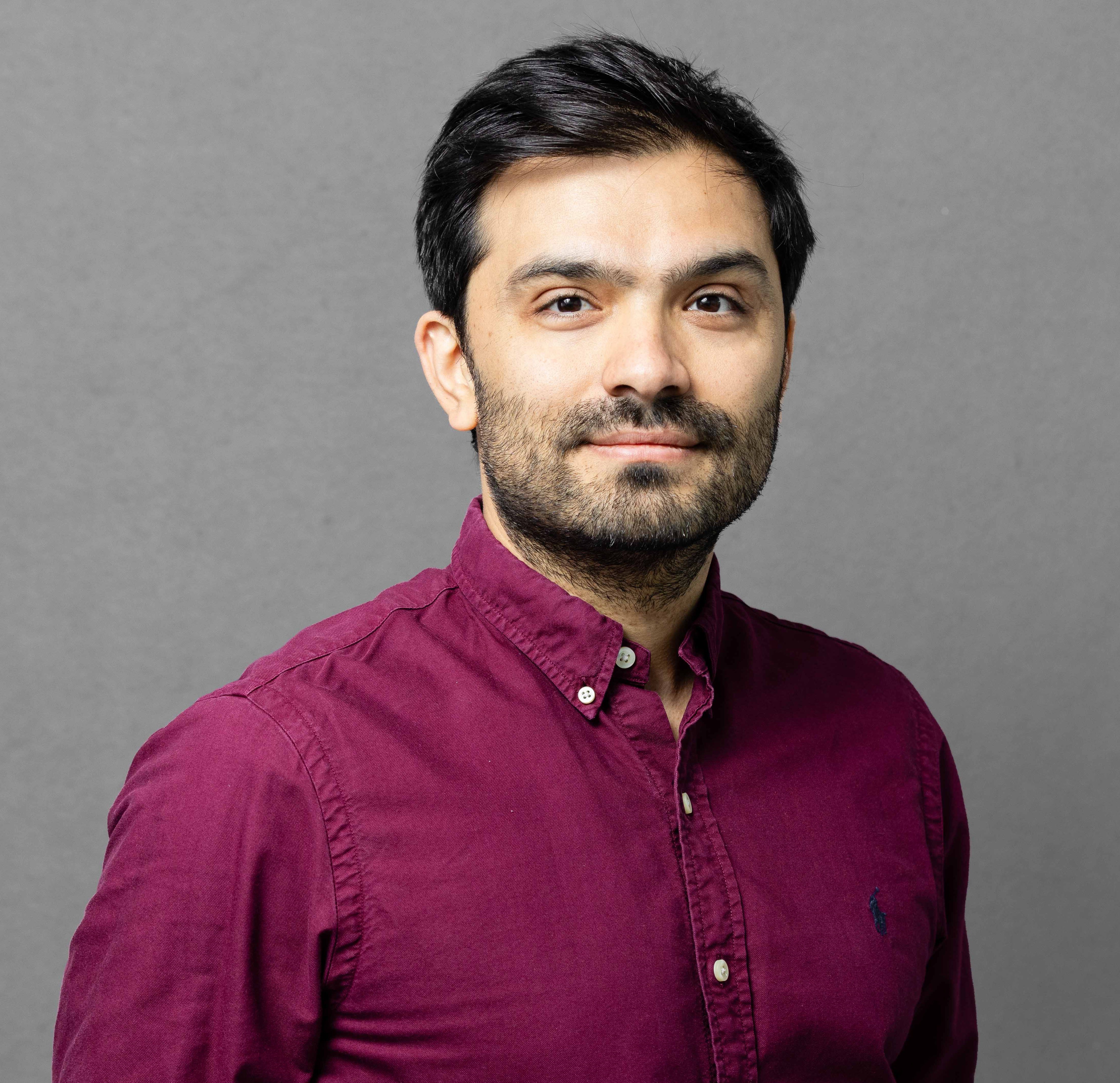
Bio: Ziawasch Abedjan is Full Professor and Chair of the Data Integration and Data Preparation group at BIFOLD and TU Berlin. Ziawasch received his PhD from the Hasso Plattner Institute in Potsdam, Germany and spent two years as a postdoctoral associate at MIT. From 2016 - 2020 he was Junior Professor at the TU Berlin and senior researcher at DFKI. 2020 he was appointed Full Professor and Chair of the „Datenbanken und Informationssysteme“ group at Leibniz Universität Hannover.
His research is supported by additional funding from the DFG, the Federal Ministry for Research and Education, and the Federal Ministry of Transport, Building and Urban Development.
D2IP Profile Prof. Dr. Abedjan Ziawasch
Welcome Note
DR. HILKE MARIT BERGER, CITY SCIENCE LAB
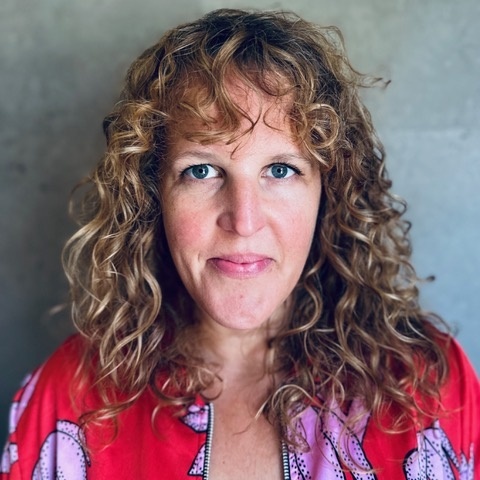
Bio: Hilke Marit Berger (Dr. phil.) is Scientific Lead of the City Science Lab at Hamburgs HafenCity University, a cooperation with MIT Media Lab in Cambridge/USA. For the joined project UNITAC (United Nations Innovation Technology Accelerator for Cities), she heads the Urban Academy in collaboration with the African Center for Citites in Cape Town. As an urban researcher, her work at the intersection of cultural studies and urban planning includes practices of participation, issues of collective urban design, co-creation in mixed realities and digital art. She leads the "Sinking Cities'' project and has a keen interest in artistic research, diversity of methods, and experimental forms of collaboration. She is active as a juror, developed, coordinated and worked for several artistic and scientific projects, for festivals, theaters, universities and authorities. She lectures and publishes internationally.
City Science Lab @HafenCity University Hamburg a collaboration with MIT Media Lab
In-Depth Lecture: Digital Collaboration for Sustainable Urban Futures
At a time when urban areas are increasingly at the heart of global ecological, social, and economic crises, there is an urgent need for novel approaches to envisioning sustainable futures. Visions of these futures are of great importance for shaping social transformation processes and should therefore be both: a matter of collaborative practices as well as an important topic for critical reflections. At the same time, under the umbrella term of smart cities, emerging technologies and an accelerated processing of urban data currently heavily impact the ways of developing cities.
Focussing on digital collaboration, the City Science Lab at HafenCity University Hamburg has a long record of transformative research in the context of digital cities since 2016. Based on concrete case studies and projects in the context of the City Science Lab, this in-depth lecture addresses the current shift towards people-centered smart cities and showcases concrete examples of how technology can be developed and applied for sustainable urban futures. It discusses ways of co-creating technology and collaborating digitally by e.g. co-modeling urban systems and simulating potential future scenarios. Lastly, it links such processes to new modes of participatory urban futuring.
Workshop: up:town: Envisioning Resilient Urban Futures Through Serious Gaming
This workshop introduces ‘up:town’, a serious game developed at the City Science Lab at HafenCity University Hamburg, as a transformative methodology. It is a tool for participatory urban futuring as well as a discursive door opener. Through engaging serious gameplay, ‘up:town’ puts participants in a fictional yet realistic urban setting in a near future. Here the consequences of digital innovations and digital driven urban planning for up:towns infrastructure as well as for the social fabric are part of our day to day lives. Besieged by various social, economic and environmental 'shocks' that force them to take on different roles and engage in collaborative and participatory decision-making processes, the players experience first-hand how serious games such as 'up:town' are interesting methods for collective urban future visioning, transforming abstract data and potential future threats into experiential learning opportunities.
Prof. David Bermbach, TU Berlin
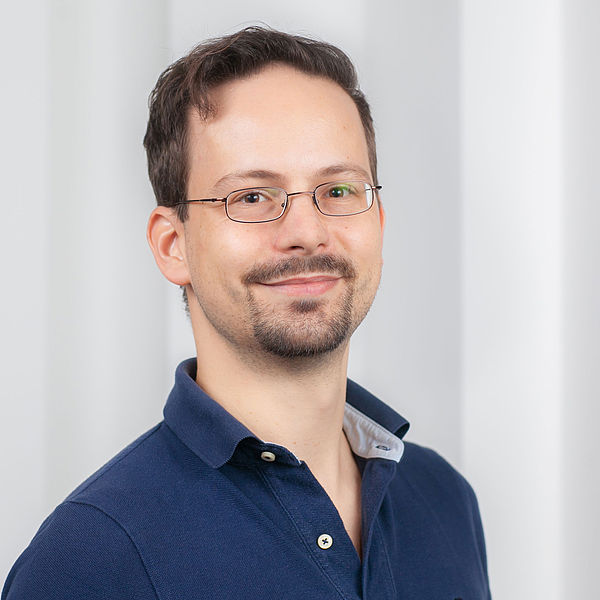
Bio: Since 2023, David Bermbach has been a Full Professor at TU Berlin, heading the Scalable Software Systems Group. From 2017 to 2023, he was an Assistant Professor for Mobile Cloud Computing at TU Berlin and the Einstein Center Digital Future. Before that he was a senior researcher in the ISE research group of TU Berlin (2014 to 2017) and a researcher in KIT's eOrganization research group (2011 to 2014). In the past, he was also a lecturer at DHBW Karlsruhe and did several internships in the automotive sector as well as in software engineering. David has a Diploma in business engineering (2010) and a Ph.D. with distinction in computer science (2014) both from KIT.
https://www.tu.berlin/3s
In-Depths Lecture: SimRa: Safety in Bicycle Traffic
Climate change and the traffic chaos in large cities can only be addressed by increasing the modal share of public transport, walking, and cycling. At the same time, many cyclists not only feel unsafe and endangered in car traffic but also become victims of accidents frequently. To change this, transportation planners need accurate insights into traffic hazards - with a particular focus on near misses and other dangerous situations.
In this talk, we will give an overview of the citizen science project SimRa, which uses a crowdsensing-based approach to collect data on dangerous situations in cycling. We will discuss how we collect data, how we assert user privacy, as well as things we discovered. We will also point out directions for further research.
Dr. Dafna Burema, Science of Intelligence/ TU Berlin
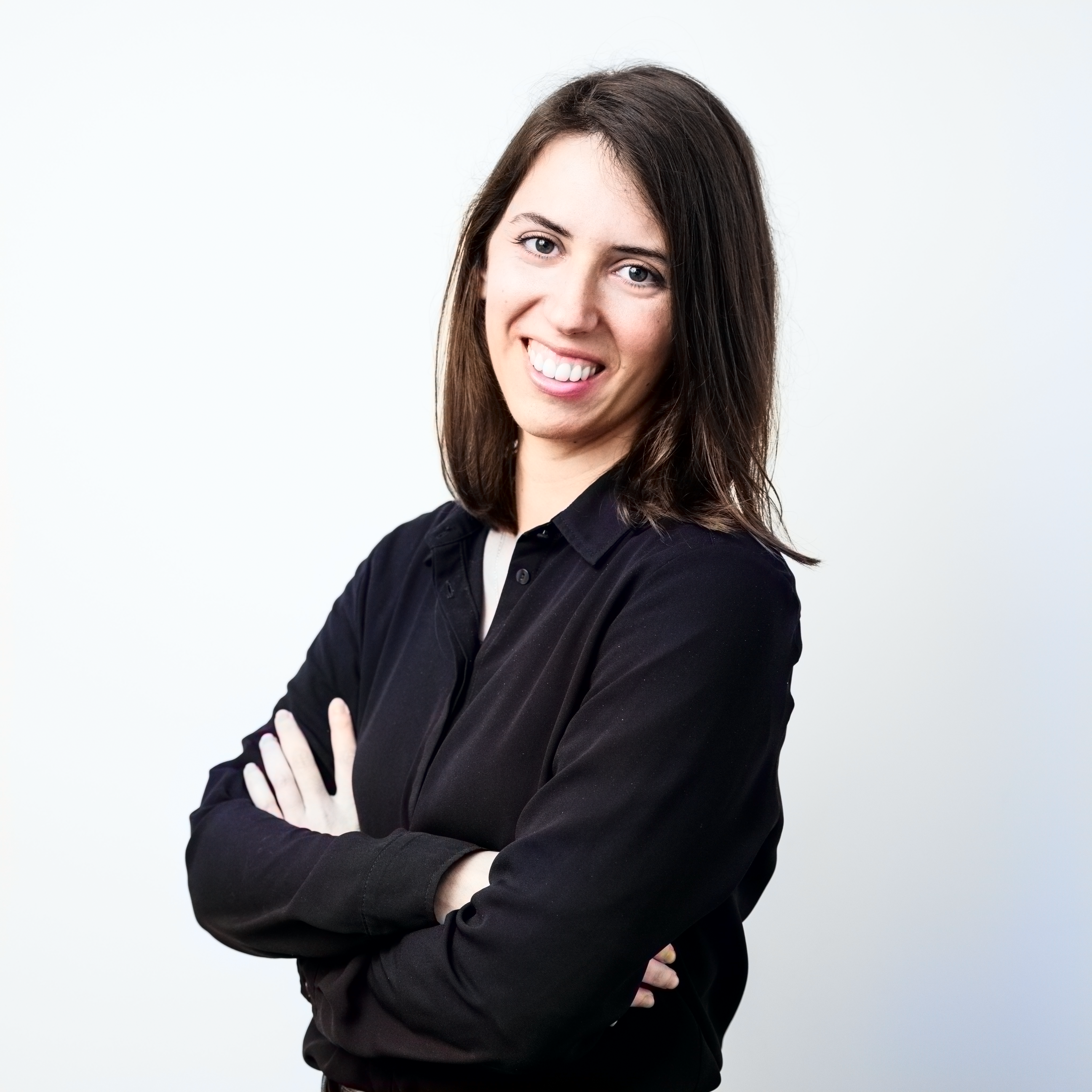
Bio: Dr. Dafna Burema is a sociologist and postdoctoral researcher at Technische Universität Berlin, Science of Intelligence, specializing in AI and robot ethics. Her work focusses on the social implications of AI and other new technologies, aiming to understand their societal meaning. She earned her PhD at the University of Bremen, focusing on the topic of social robots in eldercare and the biases they carry. She has a particular interest in critical theory and uses qualitative research methods in her work.
https://www.scienceofintelligence.de/people/dafna-burema/
Workshop: AI ethics: Cases of (ir)responsible AI deployment
A common criticism of AI ethics is that guiding principles are not actionable, or even “useless” and “toothless”. During this workshop, the aim is to bridge theory with practice, by discussing and reflecting on real-life cases of (un)ethical AI deployment. The workshop is structured as follows: you will get introduced to the most common principles of AI ethics, bridge them with empirical cases of incidents with AI, think of potential ways of mitigation, and reflect on the usefulness (or: uselessness) of such categorizations.
Dr. Asieh Daneshi, Science of Intelligence / HU Berlin
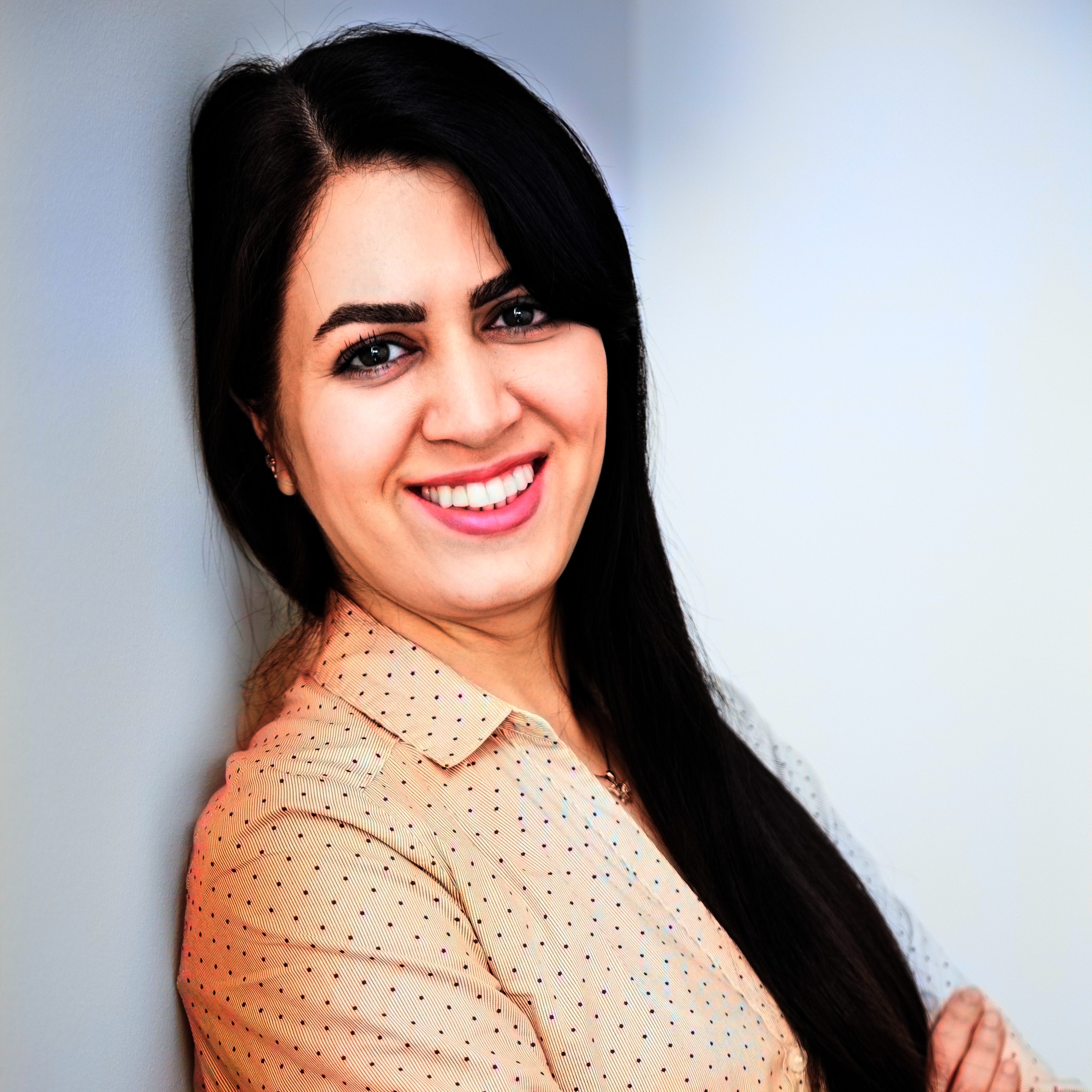
Bio: Asieh is a biomedical engineer. She earned her Bachelor's and Master's degrees in Electrical Engineering from Tehran University and completed her Ph.D. in Biomedical Engineering at the Polytechnic University of Tehran. Currently, her research primarily explores the dynamics of behavioral contagion within human groups. Utilizing virtual reality setups, she investigates the mechanisms by which various behaviors propagate among individuals and examines the influence of others' decisions on our decision-making processes.
https://www.scienceofintelligence.de/people/asieh-daneshi/
Workshop: Transforming Urban Cleanliness: Optimal Resource Allocation
As urbanization accelerates, the concept of smart cities is gaining prominence, focusing on leveraging advanced technologies to enhance the efficiency and quality of urban services. This workshop delves into applying unsupervised multi-agent systems in smart cities, particularly in scenarios requiring rapid, efficient, and autonomous decision-making. We will explore how multi-agent systems can autonomously manage emergency responses and urban maintenance tasks such as garbage collection. Maintaining city cleanliness through efficient garbage collection poses significant logistical challenges. We will investigate how multi-agent systems can optimize routes and schedules for garbage collection units, ensuring that resources are used efficiently while maintaining high standards of urban cleanliness. The focus will be on decentralized decision-making processes, where agents learn and adapt based on environmental feedback, enabling them to operate without centralized control.
This workshop will provide insights into the latest advancements in multi-agent systems, showcase practical implementations, and discuss potential challenges and future directions. Attendees will gain a comprehensive understanding of how unsupervised multiagent systems can transform smart city operations, leading to more resilient, responsive, and sustainable urban environments.
Lutz Eichholz, Fraunhofer IESE
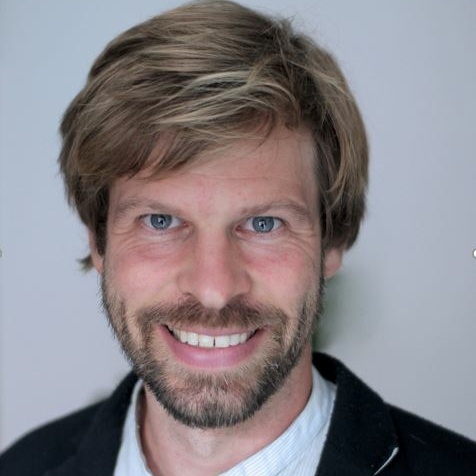
Bio: Lutz Eichholz has been working as a Smart City Engineer in the "Smart City Design" department at the Fraunhofer Institute for Experimental Software Engineering (IESE) in Kaiserslautern since January 2022. His areas of work include the development and research of intelligent software systems with a focus on mobility and Artificial Intelligence (AI), as well as strategy development for smart cities and regions. Previously, he worked freelance for various clients in the field of urban and village development. Lutz Eichholz studied Spatial and Environmental Planning at the Technical University of Kaiserslautern and worked as a research assistant at the Department of Urban Planning and the Department of Urban Sociology. His focus was on quantitative and qualitative surveys as well as research on the future of mobility and AI applications.
In-Depths Lecture: Opportunities of Artificial Intelligence in Administration and Smart Cities
This lecture explores current and future applications of Artificial Intelligence (AI) in administration and Smart Cities. It showcases examples of existing AI use and its potential to enhance efficiency. Additionally, it presents initial ideas for generating use cases and outlines the legal considerations that must be taken into account.
Prof. John-Dylan Haynes, Science of Intelligence / Charité – Universitätsmedizin Berlin
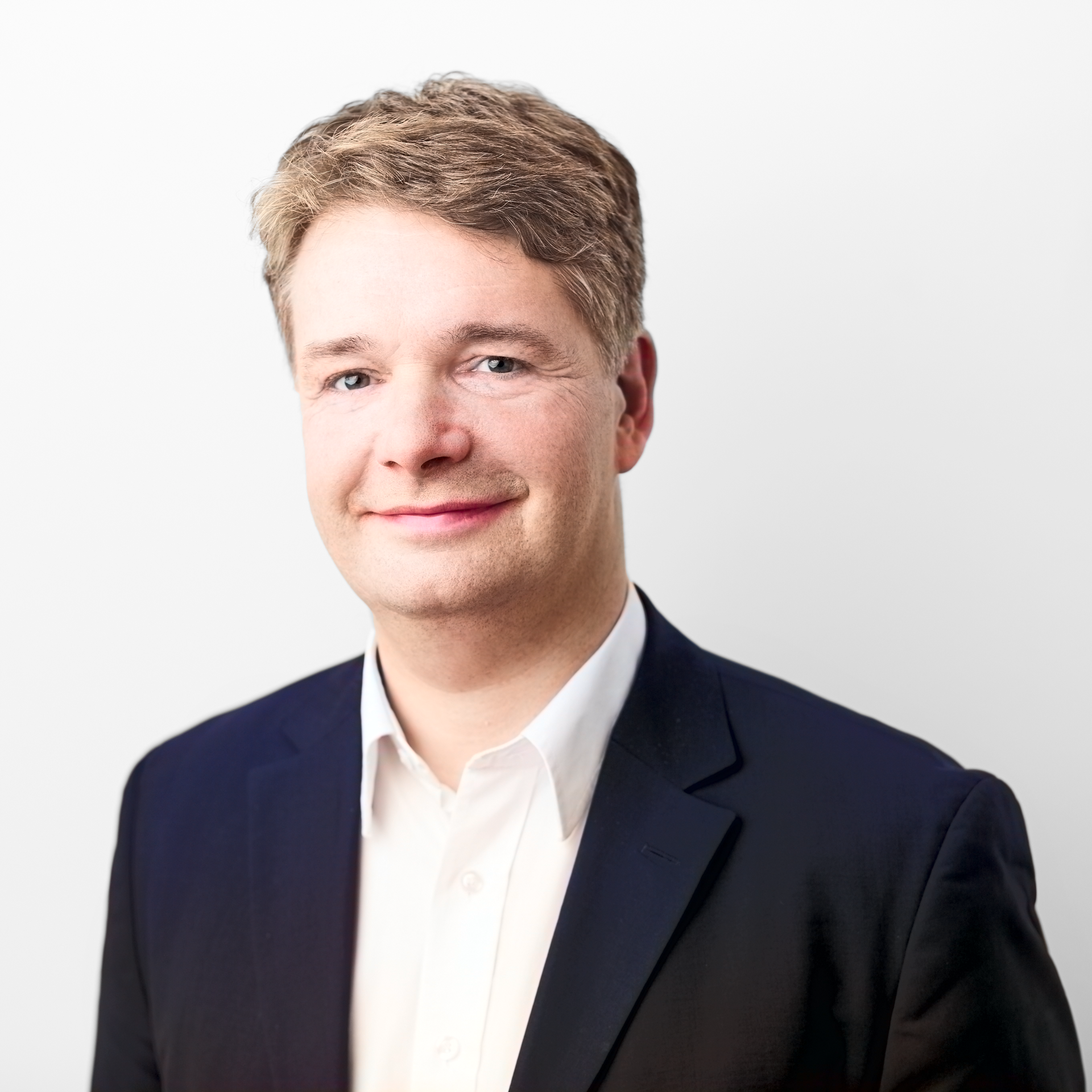
Bio: Prof. Dr. John-Dylan Haynes is a psychologist and neuroscientist, Director of the Berlin Center for Advanced Neuroimaging (BCAN) and Professor at the Bernstein Center for Computational Neuroscience (BCCN) at Charité - Universitätsmedizin Berlin. He is also a Principal Investigator at the Cluster of Excellence "Science of Intelligence". He has worked on executive processes, such as the neural mechanisms of intentions and volitional control, on conscious and unconscious information processing and on information flow between brains during communication. He has also investigated neurotechnological applications, especially whether it is possible to decode a person’s thoughts from patterns of their brain activity.
https://www.scienceofintelligence.de/people/john-dylan-haynes/
Keynote: Human versus machine intelligence: Solving complex and dynamic real-world
Assessing human intelligence has a long history in the field of psychology. However, when it comes to machines we often struggle to decide whether to call a system intelligent or not. Many of the tasks that are used for conventional intelligence ("IQ") tests are very easy to solve for computers. Even multiple tasks can be solved by collections of "savants", as long as the tasks are predictable. This either means that we have to start calling powerful machines "intelligent" or that we are missing something decisive in our conventional intelligence measures for humans. A crucial ingredient that typically goes missing is the human ability to solve complex and rapidly changing problems in real-world environments.
RICO HERZOG, CITY SCIENCE LAB
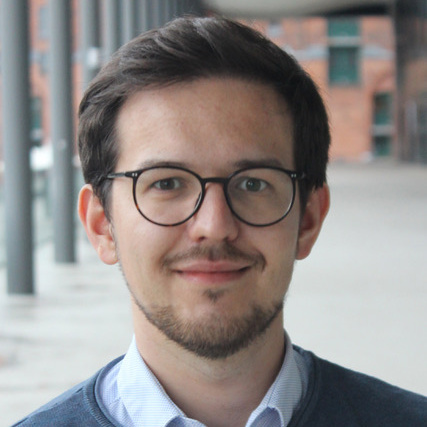
Bio: Rico Herzog is the Lead for Modelling, Simulation, AI and Machine Learning in Germany’s largest smart city project, “Connected Urban Twins”, and a research associate at the City Science Lab at HafenCity University Hamburg, in cooperation with MIT Media Lab. With a background in spatial planning, computational modelling, and simulation of complex socio-technical systems, his research revolves around digital urban twins and their contribution to sustainable urban transformation. Focussing on the interplay of digital models and simulations of various kinds, he explores new approaches to capturing urban complexity in the digital sphere. Further academic interest lies in public value conflicts in urban planning and serious gaming as a simulation method.
City Science Lab @HafenCity University Hamburg a collaboration with MIT Media Lab
In-Depth Lecture: Digital Collaboration for Sustainable Urban Futures
At a time when urban areas are increasingly at the heart of global ecological, social, and economic crises, there is an urgent need for novel approaches to envisioning sustainable futures. Visions of these futures are of great importance for shaping social transformation processes and should therefore be both: a matter of collaborative practices as well as an important topic for critical reflections. At the same time, under the umbrella term of smart cities, emerging technologies and an accelerated processing of urban data currently heavily impact the ways of developing cities.
Focussing on digital collaboration, the City Science Lab at HafenCity University Hamburg has a long record of transformative research in the context of digital cities since 2016. Based on concrete case studies and projects in the context of the City Science Lab, this in-depth lecture addresses the current shift towards people-centered smart cities and showcases concrete examples of how technology can be developed and applied for sustainable urban futures. It discusses ways of co-creating technology and collaborating digitally by e.g. co-modeling urban systems and simulating potential future scenarios. Lastly, it links such processes to new modes of participatory urban futuring.
Workshop: up:town: Envisioning Resilient Urban Futures Through Serious Gaming
This workshop introduces ‘up:town’, a serious game developed at the City Science Lab at HafenCity University Hamburg, as a transformative methodology. It is a tool for participatory urban futuring as well as a discursive door opener. Through engaging serious gameplay, ‘up:town’ puts participants in a fictional yet realistic urban setting in a near future. Here the consequences of digital innovations and digital driven urban planning for up:towns infrastructure as well as for the social fabric are part of our day to day lives. Besieged by various social, economic and environmental 'shocks' that force them to take on different roles and engage in collaborative and participatory decision-making processes, the players experience first-hand how serious games such as 'up:town' are interesting methods for collective urban future visioning, transforming abstract data and potential future threats into experiential learning opportunities.
Dr. Stefan Höffken, Smart Cities/FUTR HUB
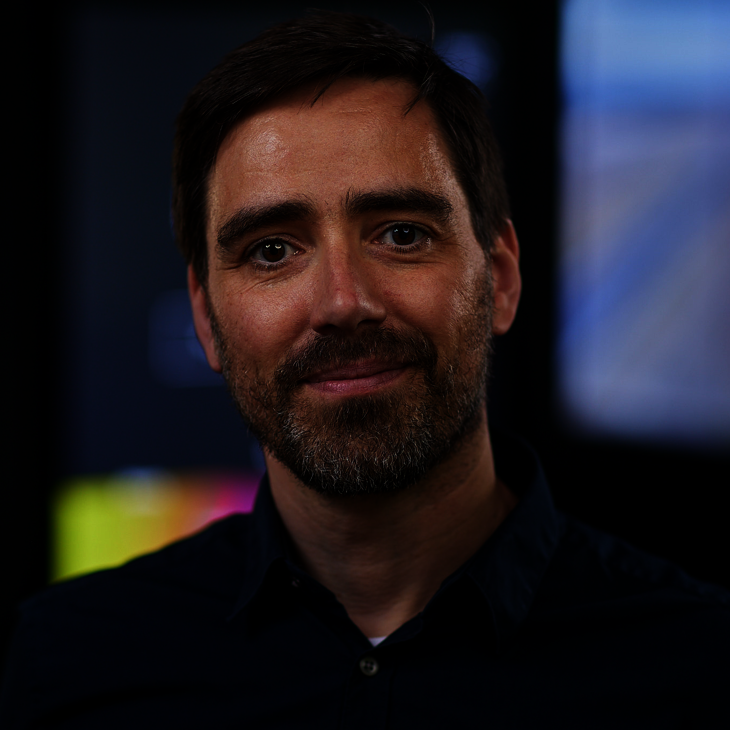
Bio: Stefan Höffken is the Head of Smart Cities/FUTR HUB at Tegel Projekt GmbH, the municipal company tasked by the State of Berlin with Europe’s largest smart city project: the redevelopment of the former airport Berlin-Tegel as an innovation park and residential neighbourhood. As an expert in smart cities and digital urban planning, Stefan is responsible for the design and implementation FUTR HUB, a competence center for urban data and planning, which will also feature an Urban Digital Twin for the entire site. Previously, Stefan served as the Deputy Director at Hamburg’s Office for Semantic Standardisation in Planning and Building for Public Service.
Stefan holds a PhD in Urban Planning; his thesis focused on the intersection of mobile technologies, participative processes and urban planning. Apart from his research activities, he was a lecturer at HafenCityUniversity (HCU Hamburg) and previously TU Berlin (El Gouna Campus), convening the courses “New Technologies in Urban Planning” and “Urban Data and GIS”, respectively.
Talk: Smart City Berlin TXL
The presentation gives an overview of the Smart City activities in Berlin TXL. The vision of the Smart City for the new neighborhoods will be presented, as well as the planned steps and current developments. An insight into realized use cases and the technical infrastructure of the FUTR HUB shows how Smart City applications are already helping with the planning, operation and construction of a new future quarter.
Prof. Lynn Kaack, Hertie School
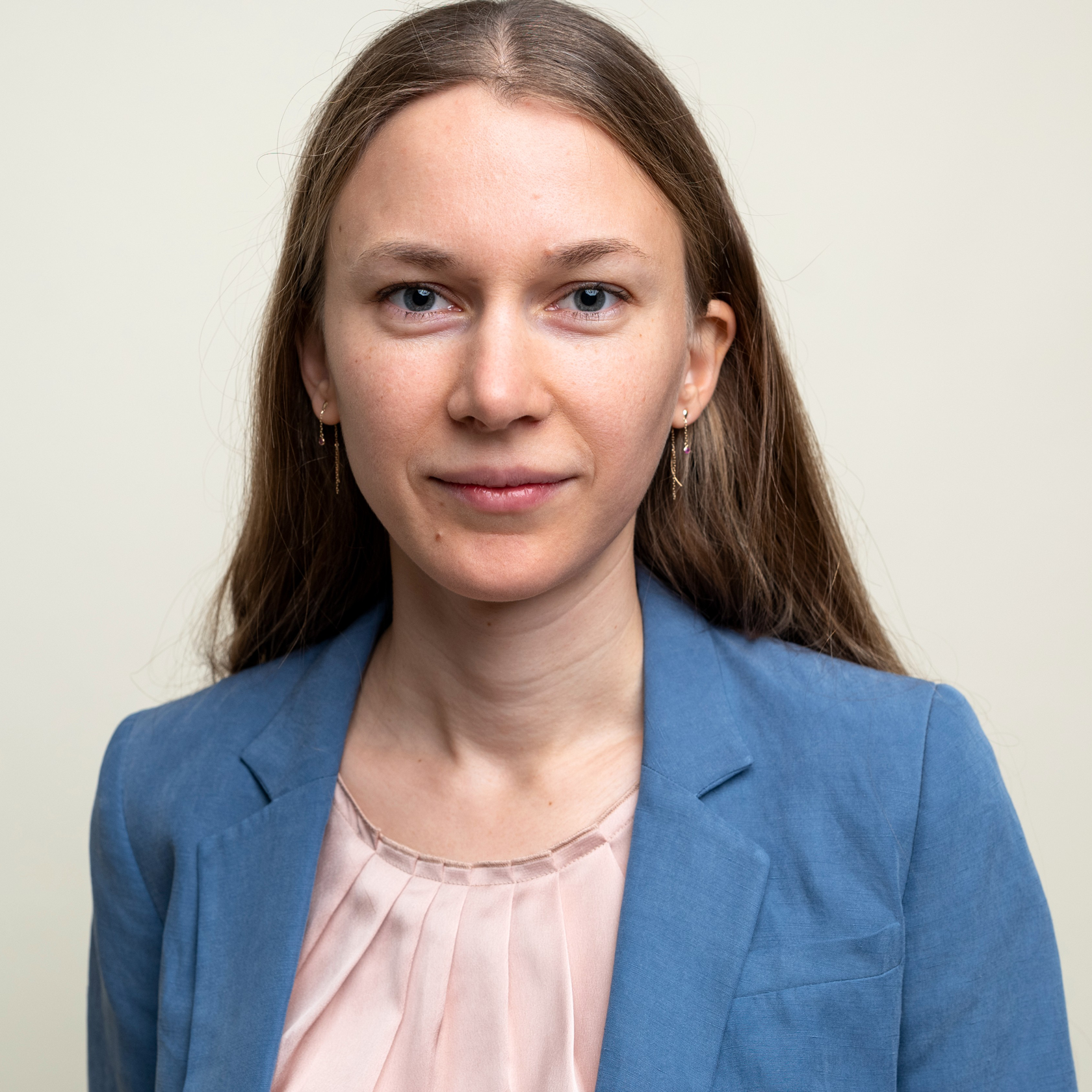
Bio: Lynn Kaack is Assistant Professor of Computer Science and Public Policy at the Hertie School, where she leads the AI and Climate Technology Policy Group. Her research and teaching focuses on methods from statistics and machine learning to inform climate mitigation policy across the energy sector, and on climate-related AI policy. She is a co-founder and chair of Climate Change AI, which is an organization to facilitate work at the intersection of machine learning and climate action, and Associated Researcher at the Einstein Center Digital Future in Berlin. Previously she was Postdoctoral Researcher and Lecturer in the Energy Technology and Policy Group at ETH Zürich. She obtained a PhD in Engineering and Public Policy and a Master's in Machine Learning from Carnegie Mellon University, as well as a MS and BS in Physics from the Free University of Berlin.
Keynote: Machine learning for urban climate change mitigation
More than 1000 cities worldwide have committed addressing climate change, and many are interested in using machine learning (ML) and artificial intelligence to help reduce greenhouse gas emissions. Machine learning methods are only starting to be used in this context, for instance some city governments are exploring ML's potential to efficiently monitor, optimize, or forecast aspects relevant to climate change mitigation efforts. This talk will present a survey of the research landscape of more than 2000 papers, provide a deeper dive into specific approaches, and discuss whether ML can be regarded as a lever to help with reducing emissions in urban areas.
Prof. Hanna Krasnova, Weizenbaum Institute
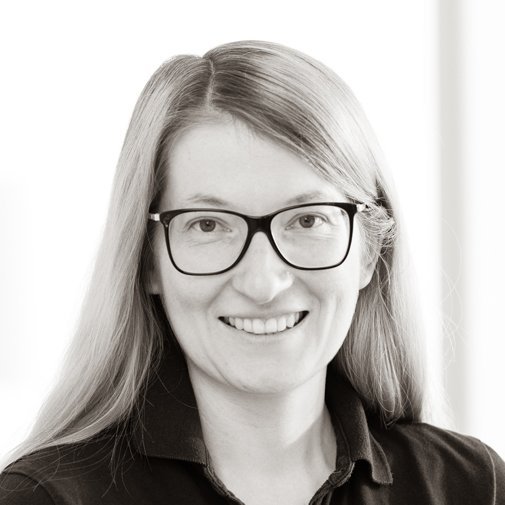
Bio: Since 2015 Hanna Krasnova has been Professor at the Chair of Business Informatics, with an emphasis on Social Media und Data Science, at the University of Potsdam. Prior to that she was Assistant Professor at the University of Bern in Switzerland. Her research focuses on the social, individual, and entrepreneurial value of social media.
She is the author of over 60 research articles that have been published in numerous high-level journals and at various conferences. Her research into envy on Facebook received the Best Paper Award at the Business Informatics Conference in February 2013 and was taken up by all major news agencies worldwide.Hanna Krasnova was also honored by the Dalle Molle Foundation for her research insights into the connection between social media use and depression in young people.
https://www.weizenbaum-institut.de/en/portrait/p/hanna-krasnova/
Welcome Note
Prof. Volker Markl, BIFOLD / TU Berlin
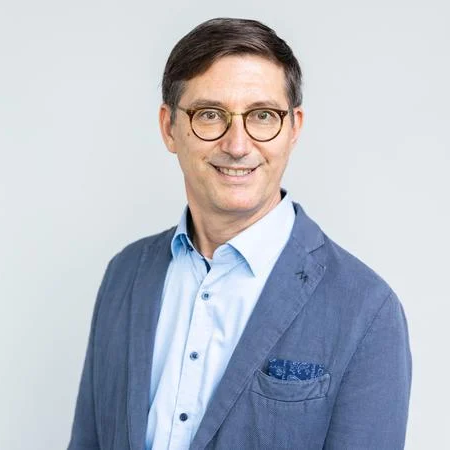
Bio: Volker Markl is a German Professor of Computer Science. He leads the Chair of Database Systems and Information Management (DIMA) at TU Berlin and the Intelligent Analytics for Massive Data Research Department at the German Research Center for Artificial Intelligence (DFKI). In addition, he is Director of the Berlin Institute for the Foundations of Learning and Data (BIFOLD). He is a database systems researcher, conducting research at the intersection of distributed systems, scalable data processing, and machine learning. Between 2010 - 2015, Volker led the DFG-funded Stratosphere project, which resulted in the creation of Apache Flink. He has received numerous honors and prestigious awards including two ACM SIGMOD Research Highlight Awards and several best paper awards at leading conferences: ACM SIGMOD, VLDB, IEEE ICDE, and EDBT. In 2020, he was named an ACM Fellow for his contributions to query optimization, scalable data processing, and data programmability. In 2014, he was elected one of Germany's leading “Digital Minds“ (Digitale Köpfe) by the German Informatics Society. He also is a member of the Berlin-Brandenburg Academy of Sciences (BBAW) and serves as advisor to academic institutions, governmental organizations, and technology companies. Volker holds eighteen patents and has been co-founder and mentor to several startups.
DIMA Website, Profile Prof. Dr. Volker Markl
Keynote: NebulaStream – Data Stream Processing in Massively Distributed Heterogeneous Environments
Modern data-driven applications arising in such domains as smart manufacturing, healthcare, and the Internet of Things, pose new challenges to data processing systems. Traditional stream processing systems, such as Flink, Spark, or Kafka Streams are ill-suited to cope with the massive scale of distribution, the heterogeneous computing landscape, and the requirement for timely processing and actuation. Classical approaches like managed runtimes, interpretation-based query processing, and the optimization of single queries that neglect interactions, greatly limit throughput, latency, energy-efficiency, and the general usability of these systems for emerging applications involving distributed data processing at scale in a sensor-edge-cloud-environment.
At BIFOLD / TU Berlin, we are researching and building NebulaStream, a novel data-stream processing system for massively distributed, heterogeneous environments. NebulaStream supports (potentially resource-constrained) heterogeneous devices, a hierarchical topology (with the distribution of computation and data flow in a cloud-edge-continuum), and the sharing of computations and data across multiple concurrent queries. The key distinguishing features of NebulaStream from a technological perspective, include the following:
- An incremental and continuous query optimizer that considers the sharing of computation and intermediate results in conjunction with the placement of operations in a massively distributed, heterogeneous cloud-edge continuum.
- A compilation-based approach for streaming queries, which avoids the need for managed runtimes and ensures excellent throughput, latency, and energy-efficiency across the board, from small embedded devices to powerful processors.
- A distributed runtime that supports on-demand in-network processing on a hierarchical topology of heterogeneous devices in an efficient and fault-tolerant way.
In this talk, we will describe several challenges arising due to novel applications and architectures for distributed data stream processing. We will present NebulaStream, an innovative open-source system, currently being built to address these challenges. In addition, we will describe NebulaStream’s design principles, architecture, performance, application scenarios, as well as the current status of the open-source development.
Dr. Samuel Martin-Gutierrez, Complexity Science Hub, Vienna

Bio: Samuel Martin-Gutierrez is a postdoctoral researcher at Complexity Science Hub in Vienna. His overarching research interest is the study of collective human behavior, which he approaches from two perspectives: large-scale data-driven analyses and the development of models to reproduce empirically observed behavioral patterns. In his main research lines, he investigates the causal origins and societal consequences of group dynamics, tackling pressing social issues such as political polarization, segregation, and inequality. His work lies at the intersection of Network Science, Data Science, and Computational Social Science.
https://networkinequality.com/people/samuel-martin-gutierrez/
In-Depths Lecture: The urban mosaic of Vienna: Navigating social borders in a melting pot
Cities offer unparalleled access to essential services, including healthcare, education, transportation, cultural amenities, water and sanitation services. Cities are the hubs where people have increased social interactions, fostering productivity and attracting talent. Some of those positive urban features are further accentuated in large cities. For example, large cities tend to pull more people, primarily young, and have a much bigger share of international migrants. Yet, although large cities are thus an ideal space for social mixing and cultural integration, they can also form highly unequal and segregated communities, where groups rarely interact with others. In some cities, for example, wealthy neighbourhoods tend to segregate themselves from the urban conditions of the population as a whole and build themselves private cities. Segregated cities often result from the residential selection process, where even small preferences for some neighbour characteristics highly alter the distribution of population groups. In this project, we have studied the city of Vienna, an urban center with centuries of history inhabitted by a very diverse population. Using a near-complete dataset of registry data, we explore the patterns of segregation in Vienna, quantifying diversity across districts and the cultural and economic factors that explain the distribution of its population.
Prof. Mohamed Mokbel, University of Minnesota
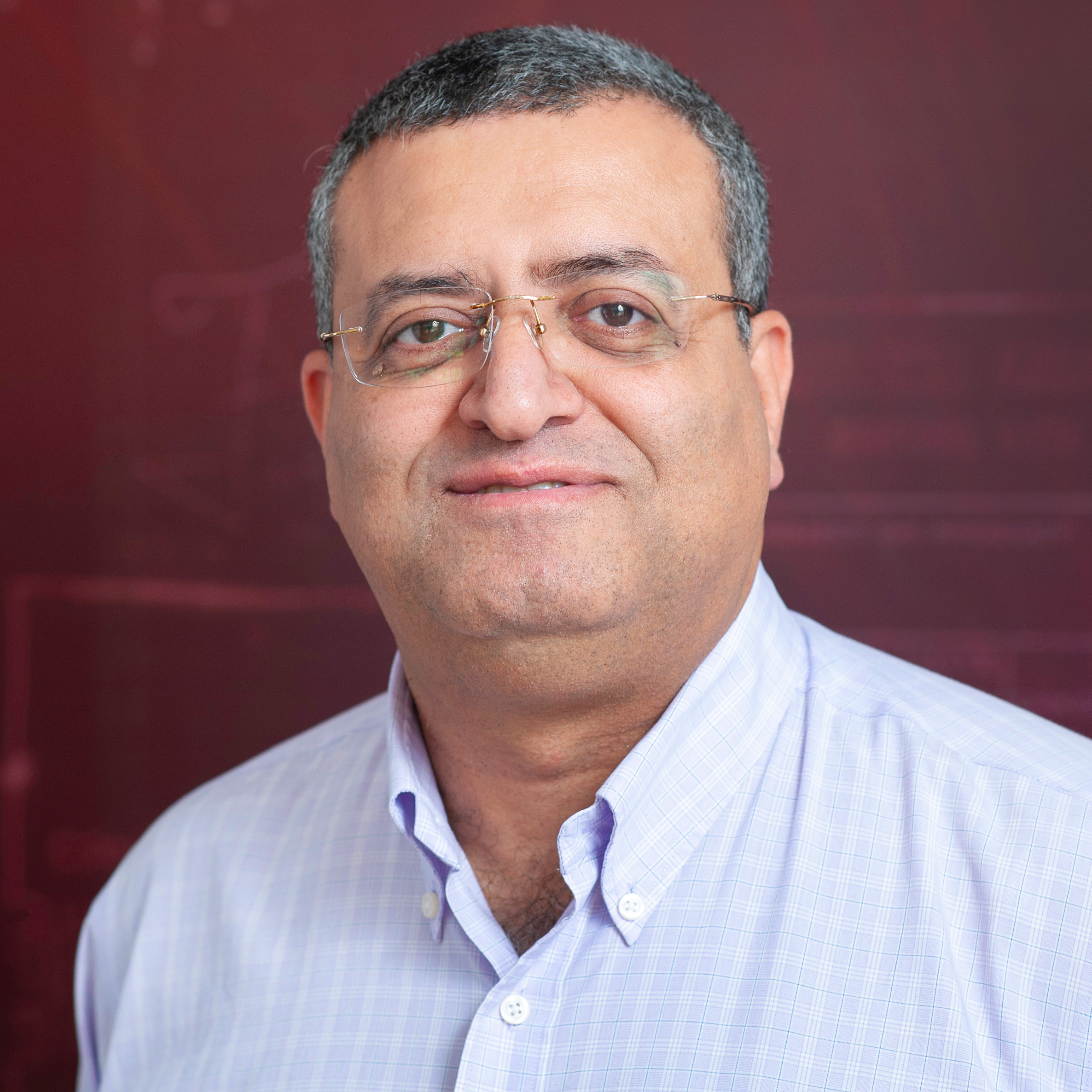
Bio: Mohamed Mokbel is a Distinguished McKnight University Professor at the University of Minnesota. Prior roles while on leave/sabbatical from UMN include Chief Scientist of Qatar Computing Research Institute, Founding Technical Director of GIS Technology Innovation Center in Saudi Arabia, and multiple times Visiting Researcher at Microsoft Research, USA. His research interests include database systems, spatial data, and GIS. His research work has been recognized by the NSF CAREER Award, ACM SIGSPATIAL 10-Year Impact Award, VLDB 10-years Best Paper Award, and four conference Best Paper Awards. Mohamed is the past elected Chair of ACM SIGSPATIAL, current Editor-in-Chief for Springer Distributed and Parallel Databases Journal, and on the editorial board of ACM Books, ACM TODS, VLDB Journal, ACM TSAS, and GeoInformatica journals. He has served as PC Co-Chair for ACM SIGMOD, ACM SIGSPATIAL, and IEEE MDM. Mohamed is an IEEE Fellow and ACM Distinguished Scientist.
www.cs.umn.edu/~mokbel
In-Depths Lecture: Towards Accurate Open Source Map Services
Map services, including routing, searching, and prediction, have empowered a variety of ubiquitous services and applications, including transportation, location-based services, ride-sharing, and delivery industry. Though there is extensive research in academia and industry for developing efficient algorithms for such services, all algorithms have the implicit assumption that the underlying map is accurate.
Unfortunately, this assumption is not always true. Maps suffer from all sorts of inaccuracy that significantly impact the accuracy of map services. This talk will go through our recent efforts to significantly boost the accuracy of current and future map services, through exploiting two orthogonal directions. First, building accurate maps, with a broad definition of a map that goes beyond the traditional map topology to a more rich definition that includes traffic-related metadata, without which, most of map services will have low accuracy.
Second, developing new techniques that would increase the accuracy of query processors over the accurately built maps. The talk will also serve as a call to the community to join arms and collaborate in building the most comprehensive worldwide open source accurate maps and map services.
Prof. Jörg Raisch, Science of Intelligence/ TU Berlin
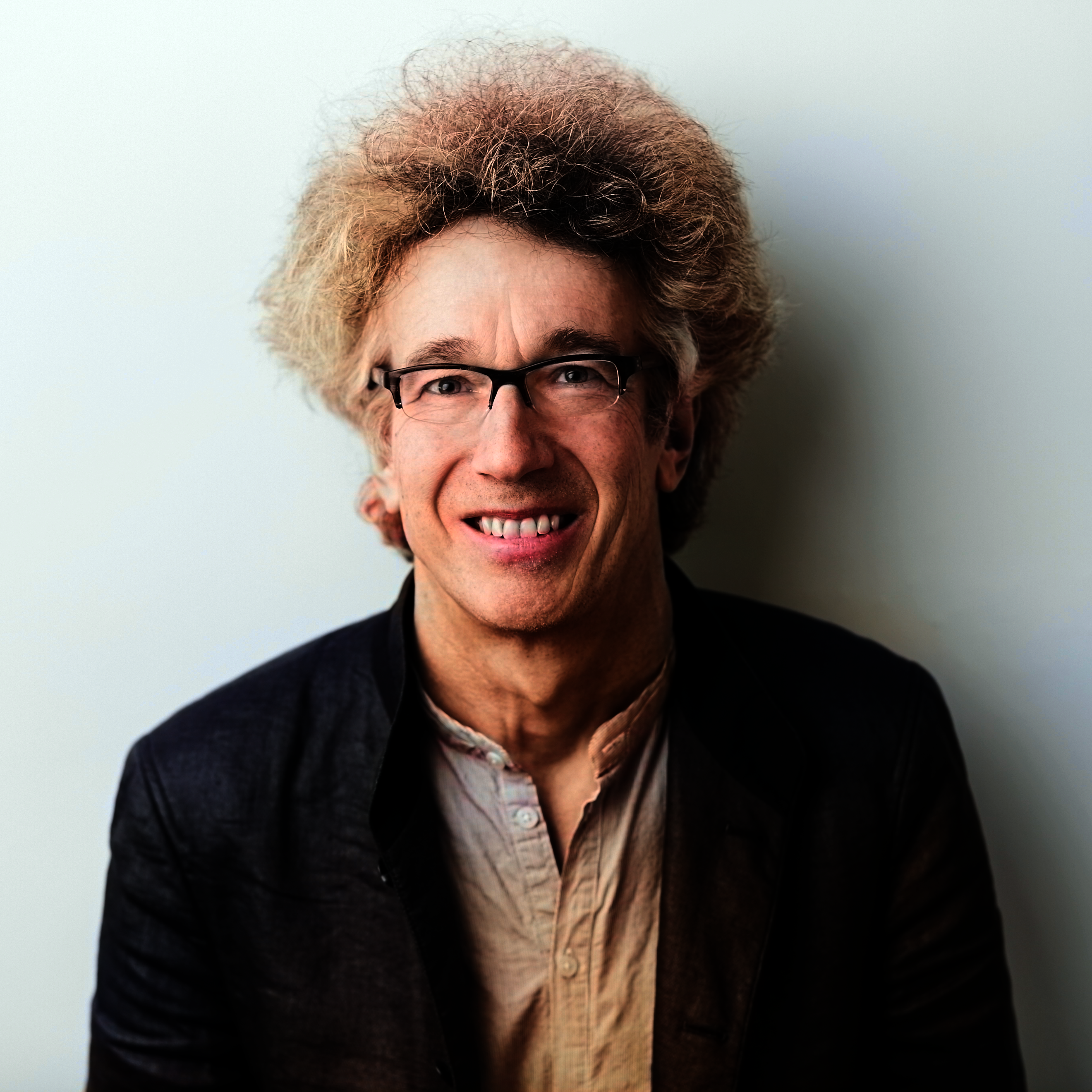
Bio: Prof. Jörg Raisch holds the chair of Control Systems at the Faculty of Electrical Engineering and Computer Science at Technische Universität (TU) Berlin. He is a principal investigator at Science of Intelligence where he works on collective learning control in multi-robot systems, the trade-off between modularity and integration, and the use of regularities in complex control and decision problems. Jörg Raisch’s research interests include both methodological and applied aspects of control. On the methodological side, he works on abstraction-based control synthesis for hybrid systems, control of timed discrete-event systems in tropical algebras, consistent control hierarchies, and distributed cooperative control. He has investigated control applications in chemical, medical and power systems engineering, with an emphasis on power systems with a high share of renewable energy.
https://www.scienceofintelligence.de/people/jorg-raisch/
https://www.tu.berlin/control/user-jraisch
Welcome Note
Dr. Benjamin Seibel, City Lab Berlin
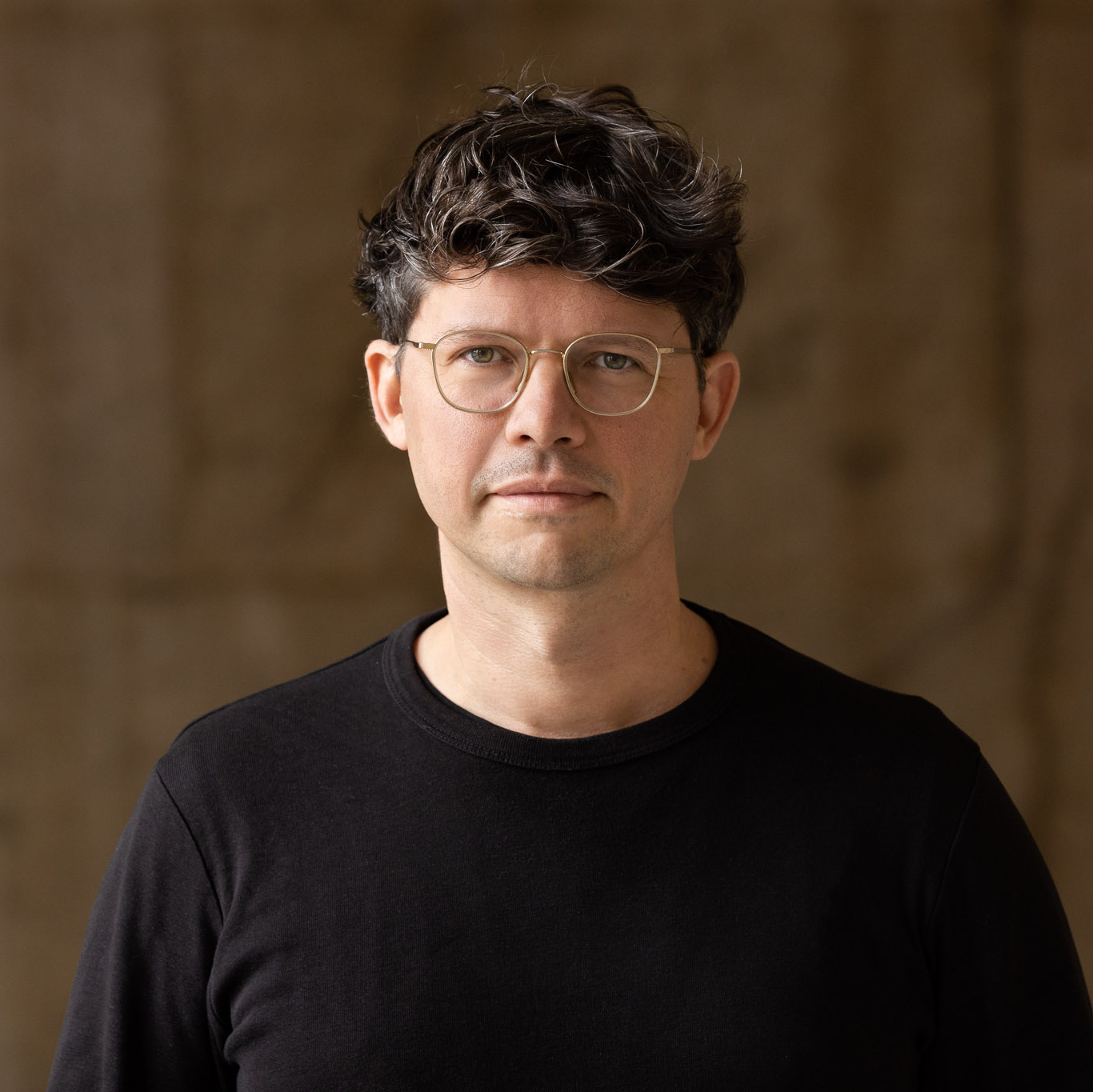
Bio: Dr. Benjamin Seibel is the director of CityLAB Berlin and has headed the innovation lab since its opening in 2019. He has many years of expertise in the field of administrative digitization, in the conception and development of digital prototypes and in the strategic and technical management of open source and open data projects at the interface of public administration, science and urban society. Previously, he completed his doctorate in Darmstadt and Harvard on the media history of e-government and worked as a journalist and curator in New York, Nicosia, Rotterdam and Frankfurt/Main, among other places.
Further references:
• Conception and management of various public digital projects, including Open Data Informationsstelle (ODIS), Digital Vereint, Gieß den Kiez, Berlin Open Source
• (Co-)author of various publications, studies and guidelines on digital administration, open source and agile working, columnist in Tagesspiegel Background Smart City & Administration, podcast host Radio CityLAB Berlin.
• Regular keynote speaker and panelist at international digital events, including SXSW (Austin), TicTec (Taipei & Paris), IFEZ Smart City (Incheon), Smart City World Expo (Barcelona), Creative Bureacracy Festival (Berlin)
Workshop (in German): Künstliche Intelligenz in der öffentlichen Verwaltung / Use of AI in Public Administration
Im CityLAB Berlin arbeiten wir gemeinsam mit der Berliner Verwaltung daran, das Potenzial neuer Technologien für die Stadt auszuloten und zu erproben. In diesem Workshop wollen wir Ideen entwickeln, wie Künstliche Intelligenz eingesetzt werden kann, um neue Services für Bürger:innen zu entwickeln und die Verwaltungsarbeit effizienter zu machen.
Prof. Jörg Stollmann, TU Berlin

Bio: Jörg Stollmann is Professor for Urban Design and Urbanization at Technische Universität Berlin. His work focuses on cooperative and collaborative design tools, on mediatization and digitalization of planning and urban everyday life, and on the urban as a common good. He taught at ETH Zurich and UdK Berlin. From 2002 until 2008, he was principal of Instant Architects. Jörg Stollmann was a fellow of the German Academy in Rome, DAAD, Van Alen Institute New York, and Graham Foundation Chicago. He is currently part of the Collaborative Research Centre “Re-Figuration of Spaces” (DFG), co-leading the project “Smart People: Queer Everyday Life in Digitalized Spaces” with Martina Löw.
Keynote: (Digital) Visual Property. The Homophily of the Smart City as a Techno-Material Construct
“Home” as an assemblage of interior and exterior spaces extends far beyond the actual apartment, once it is set in a highly controlled, surveilled and serviced urban environment. While Songdo Smart City can be read as a continuation of modernist South Korean Apatu (Apartment) Urbanism, its digitalization adds a new quality of feeling of belonging or propriety beyond the ownership of the individual apartment. Its morphology as an island and archipelago and its highly surveilled and ICT-controlled private, collective and public spaces, extend the impression of propriety (versus simple ownership) beyond the apartment and the semi-gated housing compound to the city itself. The talk is based on research conducted in the CRC 1265 Refiguration of Spaces within the sub-project B03 with Martina Löw.
Dr. Theresa Züger, Humboldt Institut für Internet und Gesellschaft
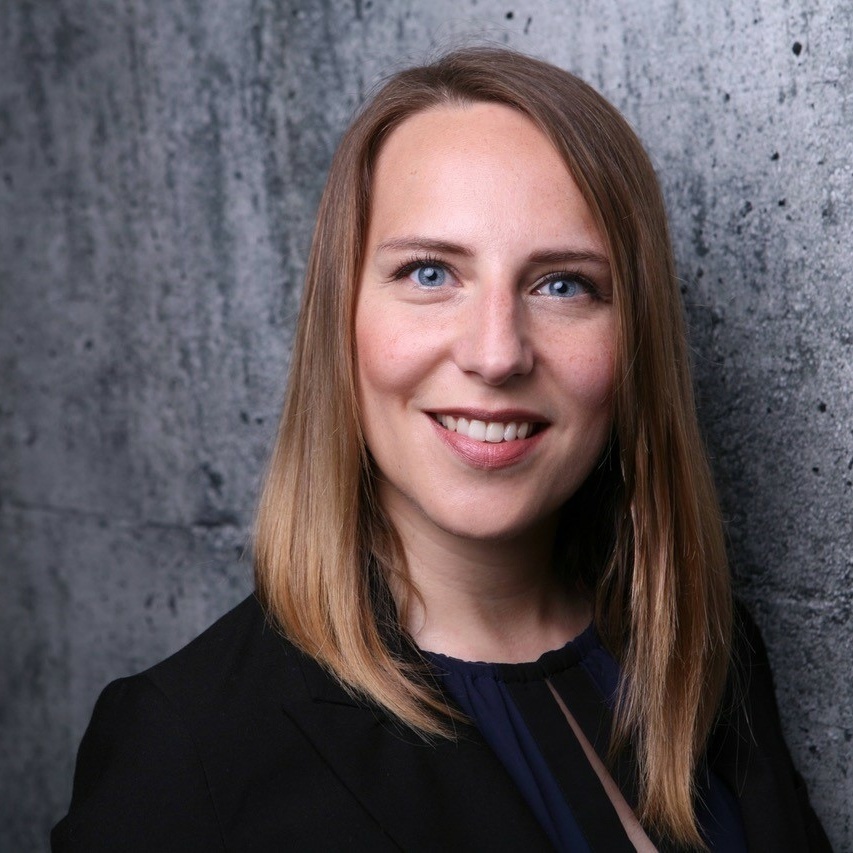
Bio: Theresa Züger is head of the Public Interest AI research group funded by the German Federal Ministry of Education and Research (BMBF). The group is concerned with the question of how AI can serve the public interest and which technical and social criteria must be fulfilled for this to happen. She is also lead of the AI & Society Lab. The Lab was launched by HIIG in 2020 and is an inter- and transdisciplinary research lab at the intersection of academia, industry and civil society. Theresa’s research focuses on the political dimensions of digital technologies and cultures, with particular interest in questions of democratic theory.
Previously, she headed the office of the Third Engagement Report from the Federal Government on behalf of the Federal Ministry for Family Affairs, Senior Citizens, Women and Youth (BMFSFJ), which focuses on the digitalization of civic engagement. For the Medienanstalt Berlin-Brandenburg, she developed and managed the Media Policy Lab, a project on science networking in the field of intermediary regulation.
In 2017, Theresa received her PhD in Media Studies from the Humboldt University of Berlin. Her PhD, “Reload Disobedience“, focuses on digital forms of civil disobedience. During her PhD, Theresa was a research assistant in the research area “Global Constitutionalism and the Internet” under the supervision of Prof. Dr. Ingolf Pernice. In 2016, she curated and moderated for transmediale, a festival for media art and digital culture, on the thematic field of security politics and culture.
In 2013 she was a Visiting Researcher at the Berkeley Center for New Media at the University of California, Berkeley and in 2017 a Research Fellow at the Center for Advanced Internet Studies. She is part of the scientific council of the Acatech TechnikRadar and a member of the commission of the Digital Transformation Think Tank of the German Caritas Association.
https://www.hiig.de/en/theresa-zueger/
In-depths Lecture: AI for the public interest
This session will present how AI for the public interest can be understood and give examples of use cases. It will explain what „the public interest“ means from a theoretical perspectives and connects it with AI systems development and implementation in practice. The lecture gives an overview of application fields, potentials and challenges of AI in the public interest. Finally, this session will provide critical reflection on AI development in general, since AI in the public interest is rather a niche than a mainstream phenomenon.